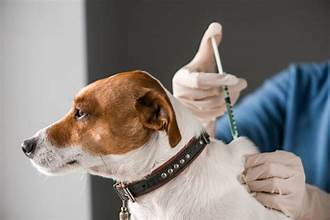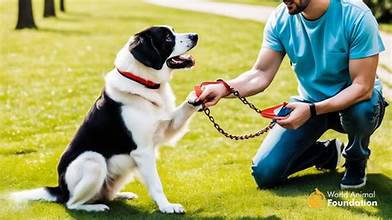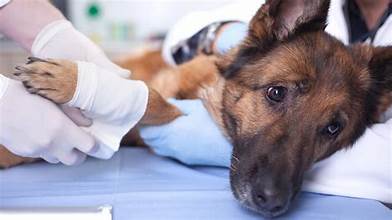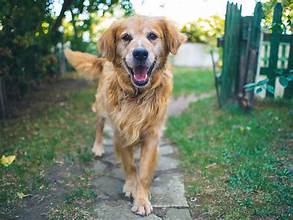Owning a dog can bring boundless joy, companionship, and loyalty, but it’s also a long-term financial commitment. From everyday expenses like food and grooming to unexpected veterinary bills, understanding the actual costs of dog ownership can help you plan a happy and healthy life with your furry friend. Below, we break down the critical expenses of owning a dog, covering food, medical care, grooming, and emergency costs to help you prepare.
1. The Cost of Dog Food
One of the primary costs of dog ownership is food. On average, dog feeding can range from $300 to $800 annually, depending on size, breed, and dietary needs. Larger breeds often require more food, and premium or specialized diets can drive costs up further.
Here’s a quick breakdown:
- Small dogs (up to 20 pounds): $15–$35 per month
- Medium dogs (20–50 pounds): $30–$60 per month
- Large dogs (50+ pounds): $60–$120 per month
Investing in high-quality dog food enhances your pet’s health and may reduce vet costs in the long run by promoting overall well-being.
2. Veterinary and Preventive Medical Care
Regular veterinary care is necessary to keep your dog healthy, but it is also one of the most significant recurring expenses.

The typical costs for routine care include:
Vaccinations:
$75–$100 annually for core vaccinations like rabies and distemper.
Preventive medication:
Heartworm and flea/tick preventatives can range from $50 to $200 annually.
Annual check-ups:
Routine exams and diagnostics may cost around $100–$300 per visit.
Many pet owners consider pet insurance for additional peace of mind. Depending on coverage, plans range from $10 to $100 monthly. This can help manage unexpected medical expenses and provide coverage for accidents, illnesses, and, in some cases, routine care.
3. Grooming Costs
Grooming needs vary by breed, coat type, and individual preference. While short-haired breeds may only require occasional grooming, long-haired breeds, such as Poodles or Shih Tzus, may need professional grooming every 6–8 weeks.

Here’s a basic cost breakdown:
DIY grooming:
Basic supplies (shampoo, brush, clippers) can cost $30–$100 upfront, with ongoing expenses like shampoo and replacement supplies.
Professional grooming:
The cost varies from $30 to $90 per session, depending on the dog’s size and the services needed (such as haircuts, nail trimming, and ear cleaning).
Grooming isn’t just for appearance; it promotes good health by reducing the risk of skin issues and infections, which can help cut down on future vet bills.
4. Training and Supplies
Proper training is crucial, especially during a dog’s early years. Professional training classes generally range from $20 to $100 per session or $200–$600 for an entire course. Training builds good habits and reduces the risk of future behavioral issues.

Additionally, initial supplies like leashes, collars, bedding, crates, and toys can add up, especially if high-quality or breed-specific items are needed. Expect to spend about $200–$500 upfront on these essentials and $100–$200 annually on replacement items and new toys.
5. Emergency and Unexpected Medical Expenses
Even with preventive care, emergencies or health conditions can arise unexpectedly. Emergency vet visits can cost from $200 to over $1,000, and more involved treatments (such as surgery) can cost upwards of $2,000–$5,000.

Here are some common scenarios:
Accidents:
Treatment for fractures or ingested items can range from $500 to $3,000.
Chronic conditions:
Ongoing treatment for arthritis or diabetes can add significant annual costs, often $500–$2,000 per year.
Many pet owners establish an emergency fund or invest in comprehensive pet insurance to manage these expenses.
Conclusion:
Planning for the True Cost of Dog Ownership
When considering the overall costs, the average annual expense of owning a dog can range from $1,000 to $3,000 or more, with the potential for higher costs due to emergencies or special needs. Being aware of these costs and planning accordingly can ensure you’re fully prepared to meet your dog’s needs and give them a fulfilling, healthy life. Investing in their health and happiness is well worth it and provides you with the joy of a lifetime companion.




